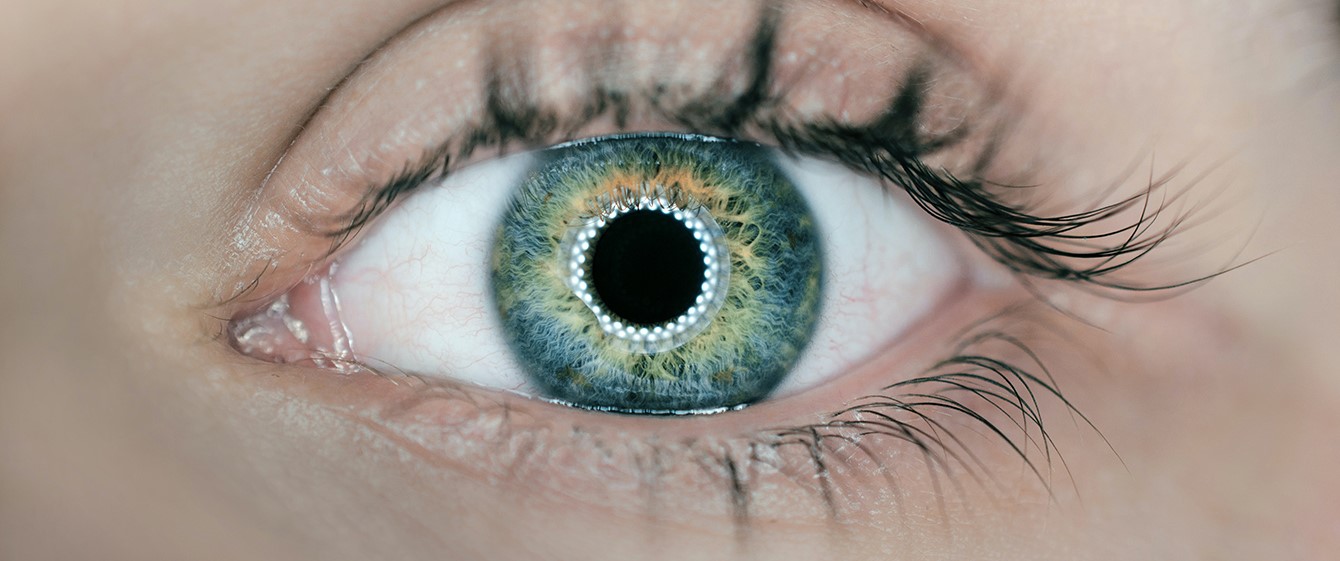YAG Laser Capsulotomy
Posterior capsular opacification (PCO) is the development of a haziness to the capsule supporting your new lens after cataract surgery, which can result in your vision slowly becoming misty or blurred similar to what you had when you developed cataract. The cause is unclear.
Around a third of all patients who have had cataract surgery will develop this, from few weeks to sometimes several years after surgery. Fortunately, it is easily treated with YAG laser capsulotomy.
There are many kinds of laser eye treatment - this is one of the simplest and most straightforward and is usually done during the same day of your clinic visit.
It is quick, painless, and usually very effective.
A highly focused laser used to create a small opening in the hazy capsule, with the aim of improving your eyesight.
The whole procedure is very similar to having your eyes examined in the regular eye clinic.
Your vision will be checked, and dilating drops put in your eyes. This is to confirm the diagnosis but also to examine the back of the eye to make sure there is no other problem to account for blurred vision. After 15-20 minutes, Mr Agarwal will take you through for the treatment. After explaining the procedure, and answering any questions you have, Mr Agarwal will ask you to sign a consent form.
The laser treatment can then take place. Mr Agarwal may use a moistened contact lens to do the treatment, in which case he will also instill some anaesthetic eye drops.
You place your chin on a chin-rest, and Mr Agarwal will advise you to look in a particular direction. Usually there will be a light source and Mr Agarwal will advise to follow the light. The treatment usually takes under 30 seconds, and you will be aware of flashing lights and clicking sounds, but no pain. You may see some floaters immediately after the laser.
Laser capsulotomy is a very safe procedure.
However, there are very small risks of the treatment causing raised pressure inside the eye, inflammation, lens displacement, or damage to the retina, including retinal detachment. However, the chance of any of these occurring is very low - less than 1%.
There are no specific instructions for after the treatment. Occasionally, Mr Agarwal may prescribe some steroid eye drops for you to use over a few days.
You are free to go home, though you should not drive yourself. Initially, you may be a little dazzled from the bright light for a few minutes. Some patients are aware of a few floaters or slight mistiness for a day or two.
Otherwise, you can get back to all your normal activities once the dilating drops wear off in a few hours.
There is usually no need for a follow-up appointment at the hospital after this laser treatment.
You may be due to return to your own optometrist to get your glasses prescription checked, and get new glasses.
However, if you have any concerns, or feel there is a problem, such as your eye-sight becoming worse, flashing lights, or you feel any pain, please contact us for advice.
Alternatively, you can visit your optometrist who can examine you and contact us if there is any concern.
Accuracy
While care has been taken to compile accurate information and to keep it up to date, Mr Agarwal cannot guarantee its correctness and completeness. The information provided in this information sheet is designed to support care and is not a substitute for professional healthcare advice, by a qualified doctor or other healthcare professional, which will be tailored to a patient’s individual circumstances.

